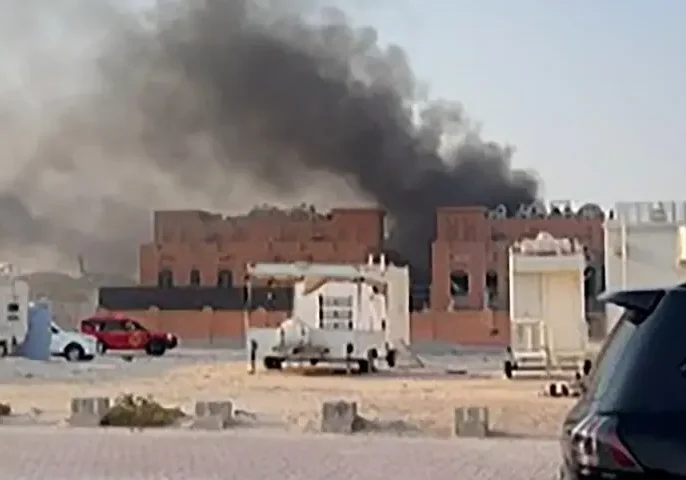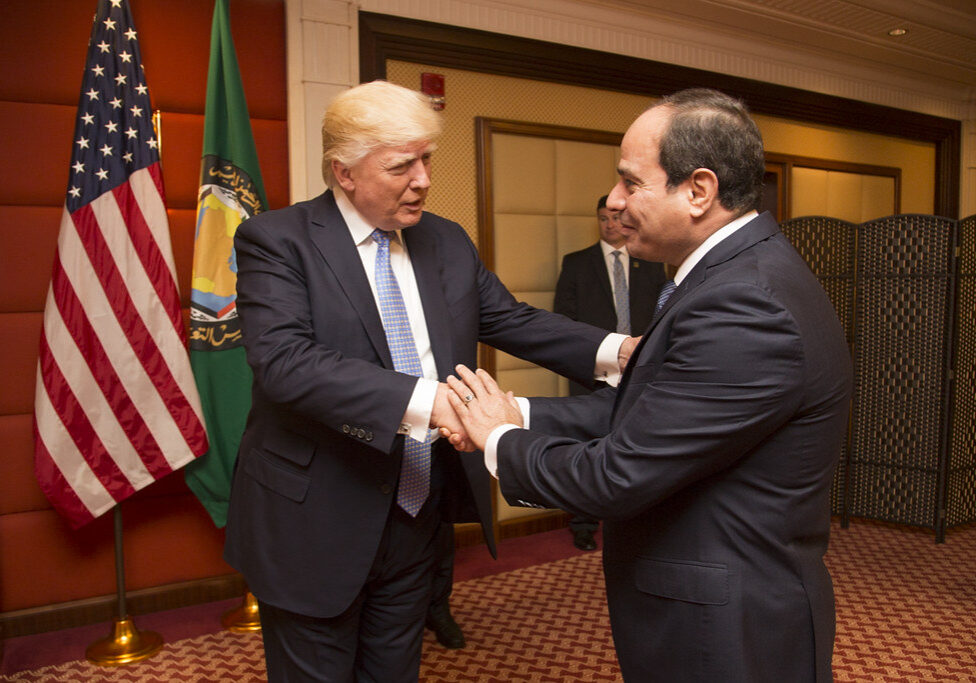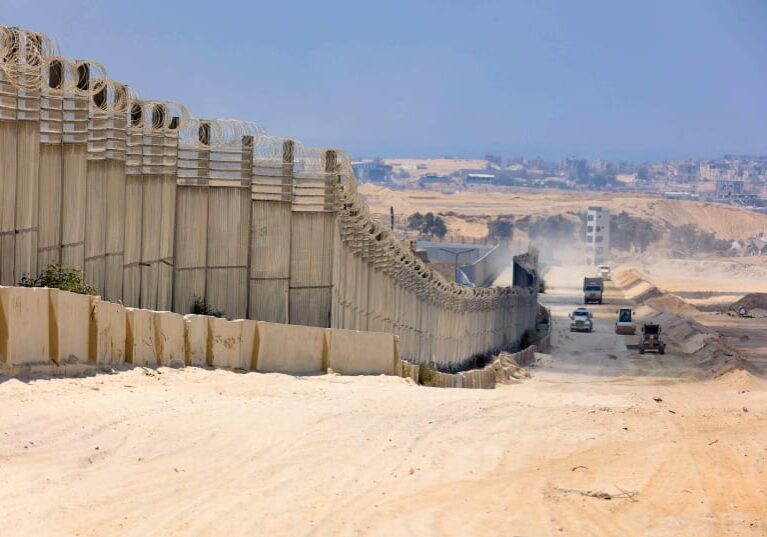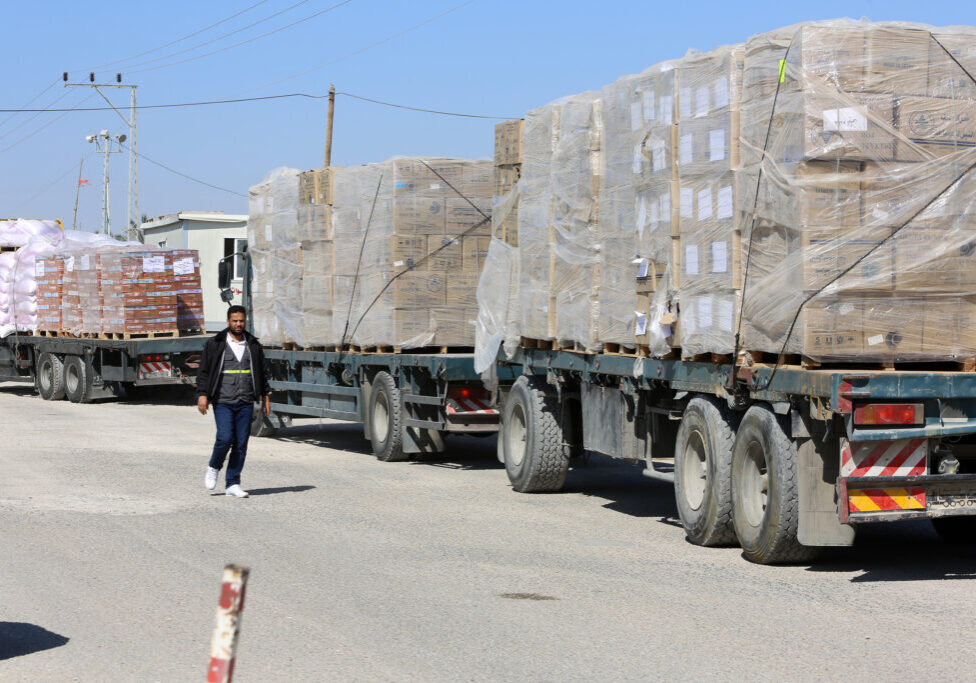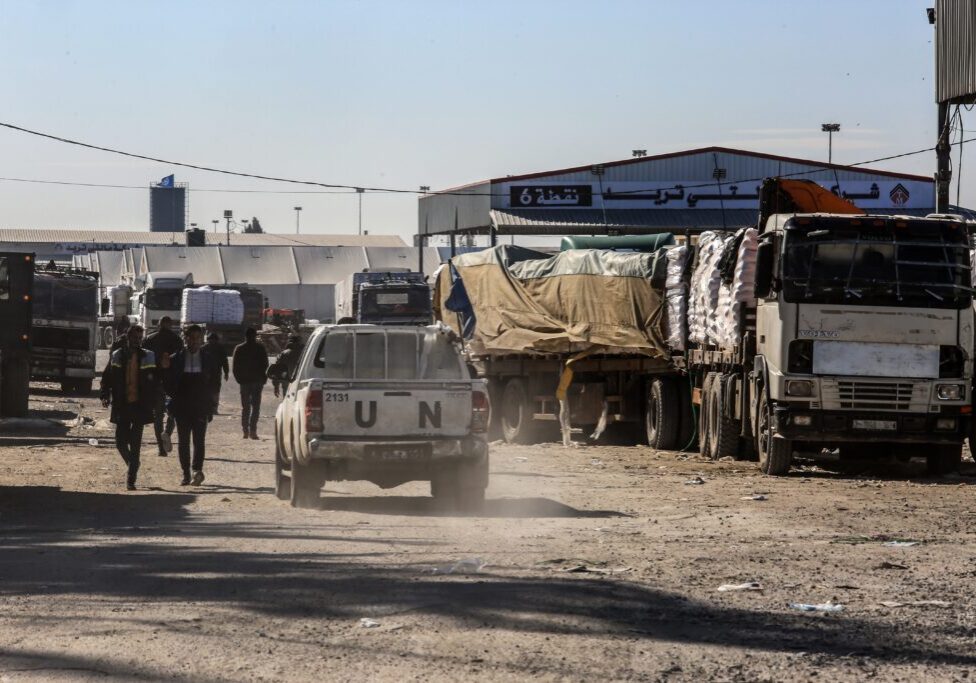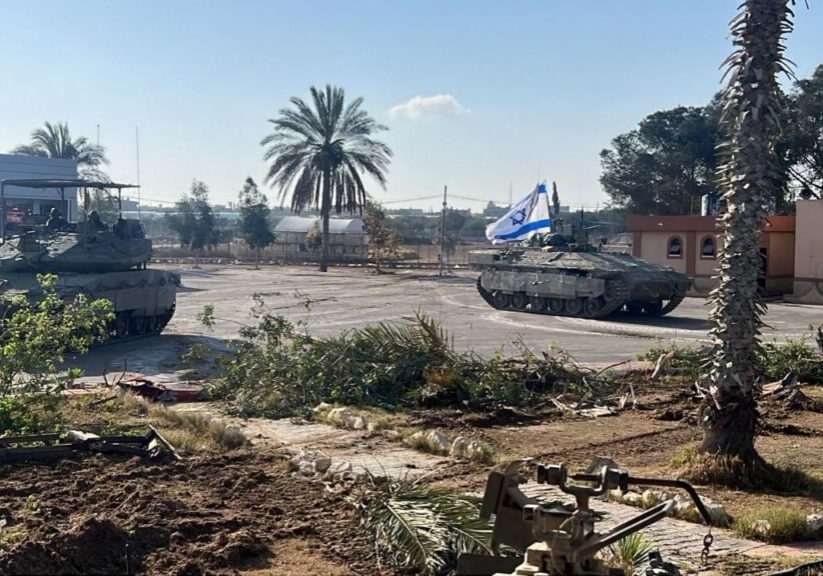Australia/Israel Review
Arab Spring yields a Murky Summer
Aug 1, 2011 | Yehonathan Tommer
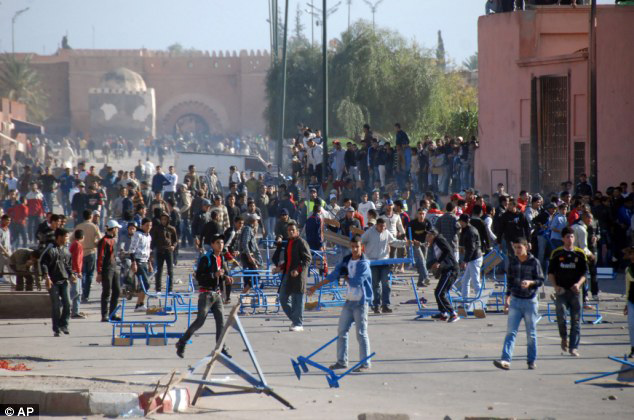
Yehonathan Tommer
The acclaimed “Arab Spring” has given way to a murky summer, dominated by uncertainty, fog and danger as much as democratic hopes, according to academic experts. Some of the movements for reform which blossomed across the region earlier this year may take a long time to mature into democratic regimes resembling those in Eastern Europe which emerged after the fall of the Berlin Wall. Others may simply wilt and decay.
With the fall of two autocrats and another three tottering, the liberated masses which toppled them lack established and organised party leaderships to translate their demands for freedoms and change into practical social and economic programs. Civil institutions are often weak and in the wings fundamentalist Islamic movements – well-organised, financed and disciplined, in sharp contrast to their democratic opponents – are preparing themselves for democratic elections from which they can emerge as legitimate successors to discredited regimes.
Chaos and anarchy prevail in Tunisia and Egypt, where pro-Western leaders caved in to massive popular demand and stepped aside without much of a fight after decades of unchallenged autocratic rule.
Four months after President Hosni Mubarak was ousted, Egypt is clouded in worrying uncertainty affecting both American regional interests and peacemaking with Israel. An interim military government rules Egypt until powers are transferred to a civilian ministry following elections to parliament later this year. Meanwhile, crime is rife, the streets are unsafe and the once almighty security police keep a low profile to avoid angering the public and risking further damage to their eroded credibility.
Libya is drowning in a bloodbath as its ruthless dictator Muammar Gaddafi defies NATO’s military intervention on the side of rebel forces, ferociously clinging to power amid a massacre of his people.
Yemen appears to be open game for al-Qaeda-linked groups – with President Ali Abdullah Saleh still in a Riyadh hospital fighting for his life after an assassination attempt, and many speculating that his 30-year-rule is now effectively over.
Like the Libyan despot, Syrian President Bashar al-Assad appears set on an escalating path of vicious repression to save an oppressive regime falling prey to increasing anarchy and anger. Swept by a wave of countrywide demonstrations demanding democratic reforms and now regime change, Assad has thrown in tanks, helicopters and troop reinforcements to stamp out the uprisings, amidst trickling reports of civilian massacres, rape and army defections in a situation where international media access is almost non-existent.
Tens of thousands of refugees bearing tales of horror flood into Italy from Libya and from Syria into Turkey.
How long the Saudi, Moroccan and Jordanian monarchies, as well as the Palestinian Authority in the West Bank and Hamas in the Gaza Strip, can hold their ground against public unrest and reformist demands also remains an open question.
“An Inward-Looking Future”
Once the revolutionary dust settles, Arab regimes will have to be more inward-looking and attuned to the demands and wishes of their internet-empowered publics, says Dr. Uzi Rabi, director of Tel Aviv University’s Moshe Dayan Centre for Middle Eastern and African Studies.
But it can take a long time for stable governments with clear orientations to emerge and the situation in each country will develop at a different pace.
The dissidents in some countries have succeeded in overthrowing their incumbent rulers and in others are still struggling. “Yet it has become clear that there is no agreed alternative to the disgraced regimes, and that the opposition is a medley of different materials, movements and groups,” says Rabi. “In the coming months, we shall see a certain kind of shakeup and instability.”
In Egypt, the Muslim Brotherhood, which operated underground during the Mubarak era, is the only organised political party at present. It is Sunni, and politically pragmatic and cautious in pressing for an Islamic, Iranian-style republic.
Theoretically the Muslim Brotherhood can win one third of the 454 seats in the People’s Assembly in the elections. But until then new parties can emerge, including Mubarak’s former disbanded and reorganised National Democratic Party, to erode its popularity, Rabi argues. The younger generation which led the revolution for democracy and against unemployment and corruption through the internet social networks Facebook and Twitter has yet to translate its successes into an organised and pragmatic electoral program.
Meanwhile, the country’s army leaders are on public probation. “As caretakers of the provisional government they will cautiously try to delay democratisation processes, and play coalition politics to safeguard their considerable economic power and influence in Egypt,” says Rabi.
A future Egypt, Rabi ventures, will adopt a middle ground – rapprochement with Iran, closer ties with Hamas in Gaza and increased sensitivity to radical Islamic elements. It will keep the peace treaty with Israel because of its worldwide economic benefits and maintain its ties with the United States to retain an eroding regional position. But Cairo will pursue a “dual diplomacy of open, radical hostility toward Israel and cooperation with Jerusalem in the peacemaking process with the Palestinians.”
Can Assad Survive?
Regarding Syria, can Assad and his minority Alawite regime survive the civil uprising? Rabi believes that in the long-run Assad will fall and Syria might break up because of its “conglomerate ethnic and religious groups.” However, he argues, “As long as Assad has the loyalty of his army, state security and police forces to quash the popular revolt, he will give a bitter fight – whether it takes weeks or months.”
Hebrew University Syria specialist Professor Moshe Maoz disagrees. Assad has a free hand to crush the revolt because the US and Europe stand on the sidelines fearing their military intervention might strengthen the popularity of the Muslim Brotherhood and other Islamic forces in Syria, he argues. Iran too is providing Assad with additional manpower resources. And, as long as the Syrian President commands the loyalty of his top brass and ethnic Alawite, Druze and Christian minorities, he has all the time he needs to brutally reassert control. The demonstrators are paying a high price and as their casualties grow they may tire at some point – or eventually their leaders may be bought off with amnesty, privileges and perks.
While there are signs of defections among middle-level officers and army rank and file, there is no organised opposition beyond the amorphous dissidents working through social networks and there are no signs of ethnic fragmentation to challenge Assad’s regime, according to Maoz.
“Syria has 60 years of stable rule and political traditions. Whatever their ethnic affiliations, Syrians are first and foremost patriots. I do not see Syria breaking up. This is unrealistic.” Maoz says.
Turkey, the Big Winner
In the new Middle East, Turkey is the big winner of the Arab Spring. “It is an economic powerhouse, politically stable, diplomatically active. Ankara’s influence as an emergent regional power is bound to strengthen on the global stage,” says Prof. Efraim Inbar, Bar-Ilan University specialist and Director of the Begin-Sadat Center for Strategic Studies.
In the short term Ankara, led by Recep Tayyip Erdogan – re-elected in a landslide victory in June – “will continue Turkey’s orientation toward the Muslim and Arab world and together with Teheran will set the regional agenda.”
Apart from permitting Turkish businessmen a free hand in pursuing commercial ties, relations with Israel are unlikely to improve. The Turks will maintain their diplomatic hostility toward Israel, while insisting on being an important regional player in Israel’s peacemaking efforts with the Palestinians and Syrians, says Inbar.
“The countries of the region see this and the West understands this,” adds Rabi.
In the new Middle East, which is on the verge of a major geopolitical shift, the US is the big loser, says Maoz. After abandoning pro-Western rulers in Tunisia and Egypt, Washington will have to work hard to rehabilitate its prestige and rebuild trust with Saudi and Jordanian leaders. “The massive economic aid promised to Tunisia and Egypt is the minimum that President Barack Obama can do to sooth their fears and prevent them from reaching an accommodation with Iran,” he argues.
Tags: Egypt

